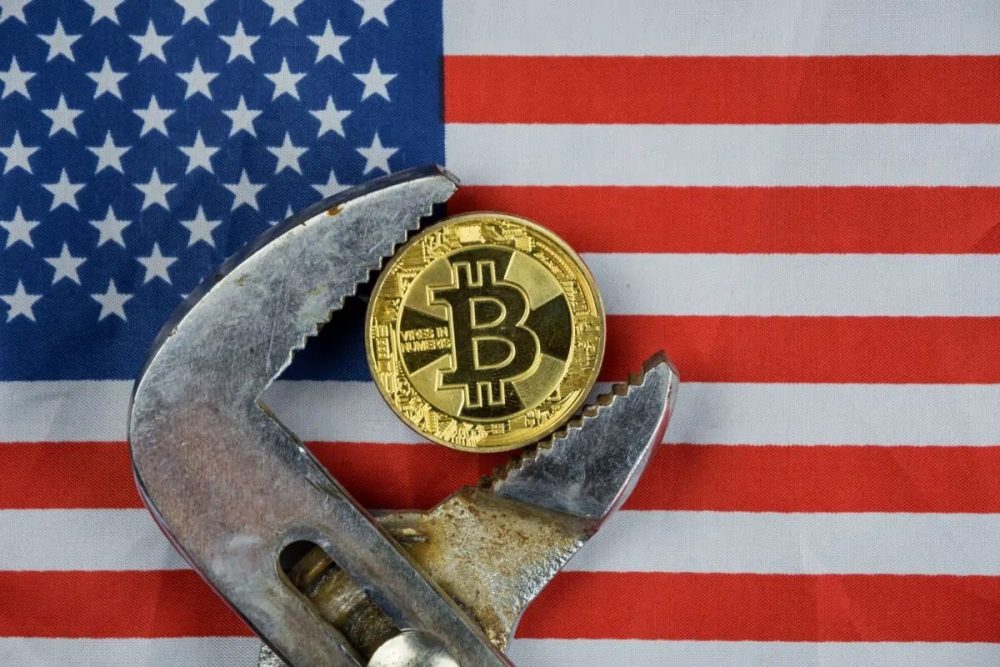In a significant step, the United States House of Representatives Financial Services Committee is moving forward with legislation designed to curb the issuance of a central bank digital currency (CBDC). As the crypto world eagerly awaited, Chairman Patrick McHenry announced that the Committee will flag two potential digital dollar-related bills on September 20. This marks a crucial step in the legislative process before these bills move to the House floor for further consideration. Here are the details…
Cryptocurrency developments attracted attention in the USA
One of the bills under consideration is the Digital Dollar Pilot Prevention Act, officially called H.R. 3712. This bill, introduced by Representative Alex Mooney in May, carries significant weight in the ongoing debate about CBDCs. H.R. 3712 aims to prohibit the Federal Reserve from launching pilot programs to test CBDCs without prior approval from Congress. The Fed has recently maintained its stance that it will only proceed with a CBDC issuance with the explicit support of an enabling law. However, the Federal Reserve Bank of San Francisco’s efforts to fill technical positions for a CBDC project over the past few months suggest that the idea of a digital dollar remains on the table.

The second piece of legislation under consideration is an amendment to the FED Law. This amendment aims to impose numerous restrictions on the development and use of CBDCs. Specifically, the Fed prohibits banks from offering certain products or services directly to individuals and extends this ban to include the use of CBDCs for monetary policy and other purposes. “A Federal reserve bank shall not indirectly offer a central bank digital currency or any substantially similar crypto asset under any other name or label to an individual through a financial institution or other intermediary,” the bill states. The statement is included.
There is some controversy around the digital dollar
The possibility of a central bank digital currency has sparked significant debate in the United States. Among them are presidential candidates Robert F. Kennedy Jr. and Ron DeSantis have stated that they are strongly against the establishment of a CBDC in the country. These people’s concerns primarily revolve around issues related to financial privacy. On the other side of the debate, supporters of CBDCs argue that they could play an important role in maintaining the global validity of the US dollar. They also argue that CBDCs could contribute to broader adoption of cryptocurrencies and potentially reshape the financial landscape.

As the House Financial Services Committee prepares to consider these bills, the fate of the digital dollar and its potential impact on the crypto market and financial system remains unclear. Cryptocurrency enthusiasts and financial stakeholders will be closely monitoring the proceedings on September 20, aware that the outcome could have far-reaching implications for the future of digital currencies in the United States.



